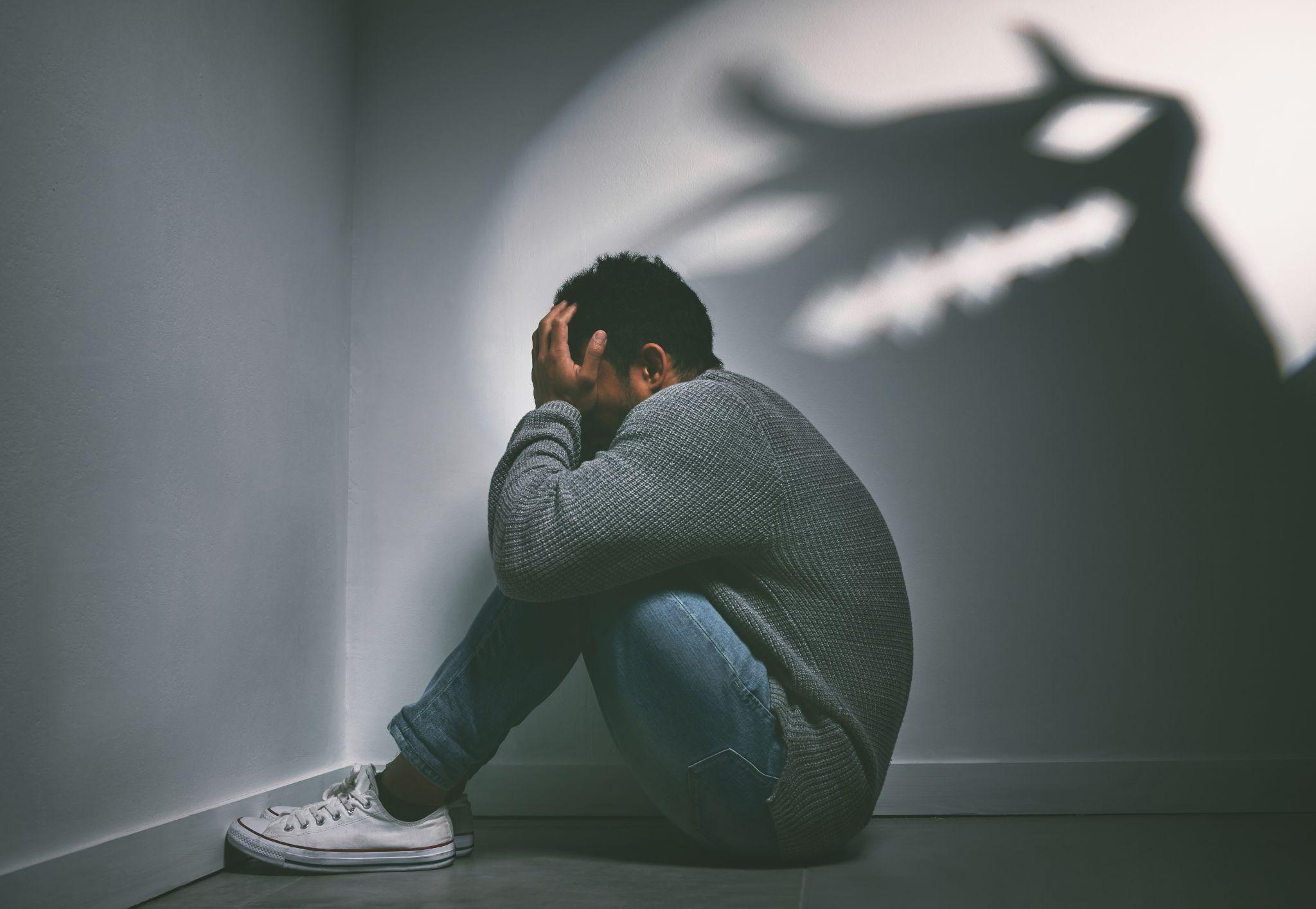Phobias can be overwhelming and life-altering. When faced with intense and irrational fears, some people turn to harmful coping mechanisms like substance use. This can lead to a dangerous cycle in which the need to escape the fear leads to addiction. Understanding the connection between phobias and addiction is crucial to effectively addressing both issues.
What Is a Phobia?
A phobia is an irrational and excessive fear of an object, situation, or activity. While everyone experiences fear at times, phobias are marked by an overwhelming sense of dread or anxiety that can interfere with daily life.
Common phobias include fear of heights (acrophobia), fear of small spaces (claustrophobia), and fear of social interactions (social phobia). These intense reactions often seem out of proportion to the actual danger involved.1
For those suffering from phobias, daily tasks can feel unbearable. The fight-or-flight response, a biological reaction to danger, is triggered unnecessarily, leading to physical symptoms like sweating, trembling, and heart palpitations.1
These symptoms can be so distressing that individuals may go to great lengths to avoid the trigger, which significantly impacts their quality of life.
The Dangers of Self-Medication
Phobias can create overwhelming emotional and physical reactions. People struggling with these feelings may look for relief by self-medicating with drugs or alcohol. The temporary numbing effects of these substances may seem like a solution, but this only exacerbates the problem.
Self-medication involves using substances to cope with symptoms of mental health conditions like phobias. Over time, this behavior can lead to dependence, as individuals become addicted to the fleeting sense of relief the substances provide.
While the fear might be dulled temporarily, the root cause of the phobia remains untreated, and now the person is at risk of developing a substance use disorder.
One of the most concerning aspects of this behavior is that self-medication can quickly spiral into addiction. Many drugs and alcohol affect the brain’s reward system, releasing chemicals like dopamine that create feelings of pleasure.
As this cycle continues, individuals may find that they are not just escaping fear but becoming addicted to the substances themselves. This is where the link between phobias and addictions becomes more apparent.
The Connection Between Phobias and Addiction
The connection between phobias and addictions can be complex, with both conditions feeding into each other. People with severe phobias are often at higher risk of turning to substance use as a means of coping.
Addiction, in turn, can exacerbate the symptoms of phobias. For example, someone who develops a substance use disorder may begin to fear withdrawal symptoms or become isolated due to their addiction, which can worsen their phobic reactions.
Additionally, fear and addiction share a neurological connection. Both fear and pleasure are processed in the brain, and when someone is repeatedly exposed to a fearful situation, their brain may seek out ways to reduce the stress.
Addictive substances can offer temporary relief, tricking the brain into thinking it has found a way to cope with the fear. This can create a dangerous loop where the individual becomes not only afraid of their phobia but also addicted to fear itself, as their body constantly craves the relief that substances provide.
In this context, fear is no longer just a response to a specific situation but an ongoing state that drives addiction. It’s important to recognize that while the substances may seem to offer a way to escape, they are actually compounding the problem and making recovery more difficult.
Breaking the Cycle
Recognizing the dangerous relationship between phobias and addiction is a crucial step toward healing. Breaking this cycle requires a holistic treatment approach that addresses both the phobia and the addiction.
1. Addressing the Phobia
The first step in treating phobias is identifying the specific fear and understanding its root causes. Cognitive behavioral therapy (CBT) is one of the most effective treatments for phobias. This therapy focuses on changing thought patterns and behaviors that reinforce the fear.
For instance, someone with social phobia may work with a therapist to gradually expose themselves to social situations in a controlled, supportive environment. This is known as exposure therapy, a subset of CBT that helps reduce fear responses over time.
Exposure therapy works by helping individuals confront their fears in small, manageable steps. Over time, repeated exposure to the fear-inducing situation decreases anxiety and desensitizes the person to their fear. This method empowers individuals to regain control of their lives, reducing their reliance on harmful coping mechanisms like substance use.

2. Treating the Addiction
Treating the addiction side of the equation requires addressing both the physical and psychological dependence on substances.
Detoxification, often the first step in treatment, allows the body to rid itself of harmful substances under medical supervision. After detox, ongoing therapy is essential to address the root causes of addiction and develop healthier coping strategies.
Addiction treatment programs often incorporate behavioral therapies, like CBT or dialectical behavior therapy (DBT), to teach individuals how to manage stress, avoid relapse triggers, and replace unhealthy behaviors with positive habits.
Support groups, such as Alcoholics Anonymous (AA) or Narcotics Anonymous (NA), can also provide individuals with a sense of community and accountability.
3. Receiving Dual Diagnosis Treatment
For individuals struggling with both phobias and addictions, dual diagnosis treatment is vital.
This integrated approach treats both conditions at the same time, rather than treating them as separate issues. Dual diagnosis programs provide a more comprehensive path to recovery by addressing the interplay between phobia-induced fear and substance use.
By treating both phobias and addictions simultaneously, individuals are more likely to achieve lasting recovery and break free from the cycle of fear and addiction.
Overcome Phobias and Addiction With Lumina Recovery
Phobias can significantly disrupt a person’s life, often leading to dangerous coping strategies like substance use. The link between phobias and addictions lies in the need to escape overwhelming fear, but self-medication only serves to deepen the cycle of addiction and anxiety. By understanding this connection and seeking proper treatment, individuals can break free from the grip of both phobias and addiction.
Lumina Recovery offers dual diagnosis programs for various addiction types, including alcohol, opioids, and prescription drugs, addressing both the addiction and phobias to ensure a holistic path to healing.
If you or a loved one is struggling with fear and addiction, reach out for expert care to guide you through recovery with Lumina Recovery.
Source:


